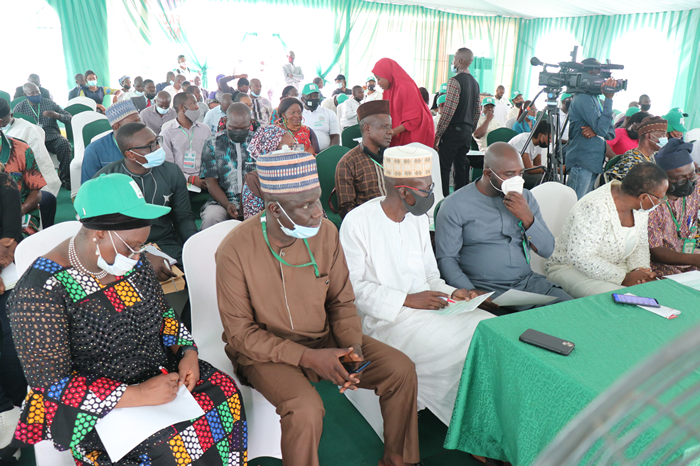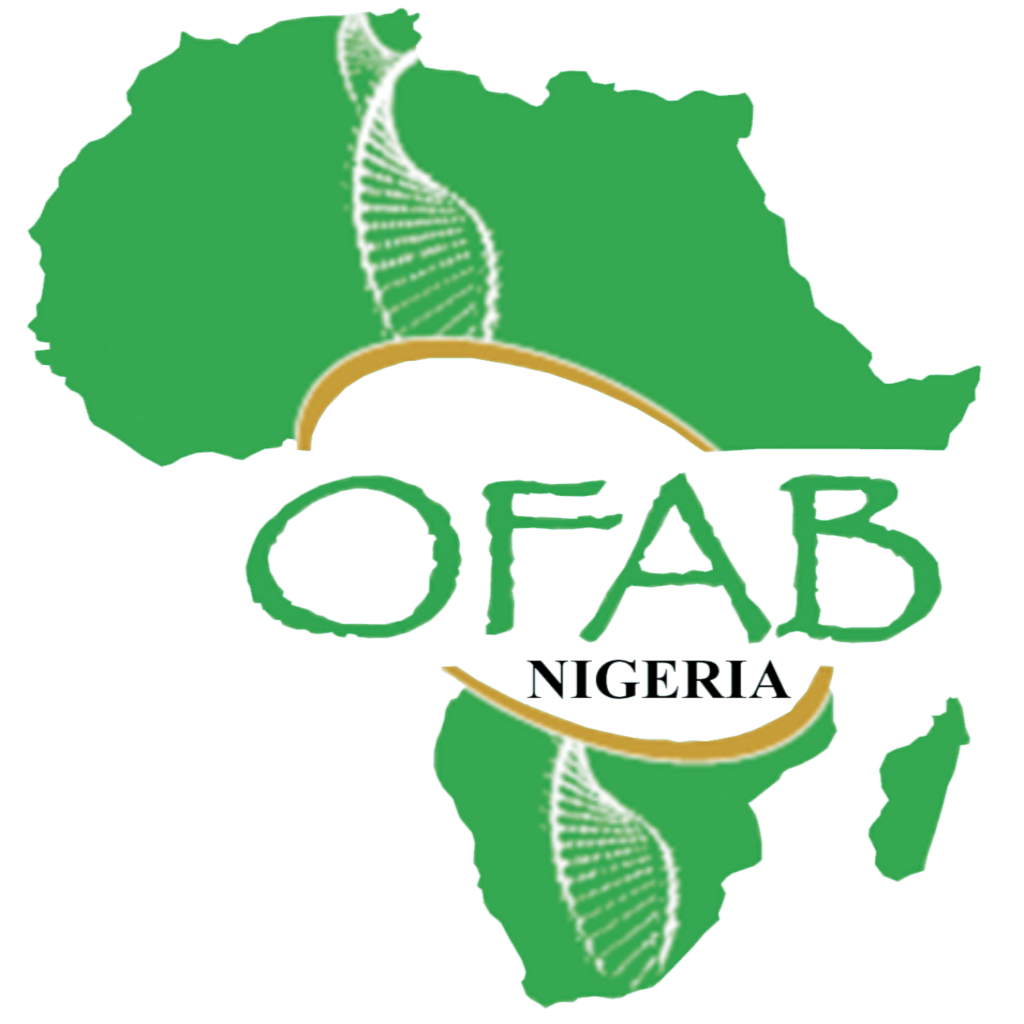
The Director General/CEO, NABDA, Professor Abdullahi Mustapha has said that GM Crop is a tenable solution to curb hidden hunger and food insecurity that could cripple national development in the midst of the COVID-19 challenges. According to him, the Economic Sustainability Plan and Nigeria’s Medium Term Expenditure Framework (2021-2023) both emphasize the need to diversify Nigeria’s economy and ensure growth in non-oil exports.
Nigeria, he said, is showing what green recovery can mean for countries that are most impacted by the climate crisis. By investing in renewable capacity, energy access and equity, women’s empowerment, climate-smart agriculture and economic diversification, Nigeria can set itself on a path to build back fairer, stronger, and cleaner economy. This is the time to reset Nigeria’s economy. Professor Mustapha canvassed these views during the Biotechnology Day of the 4th Technology Expo held in Abuja. He assured that the agency is committed to the recovery of Nigeria’s economy through biotechnology application.
The deployment of biotechnology tools, he stated, can enable plant breeders engineer plants to be climate smart and resilient. It can be deployed into crops such as rice, corn, cassava and others so that vital micronutrients that are necessary to boost the immune system are available. This reduces cost and is made available to everyone.
Science, technology and innovation, especially the science of biotechnology, he said, can play a major role in economic recovery and sustainability. Biotechnology is taking mankind beyond ever known depths of understanding chemical and physical basis of life and matter to molecular basis of creation. “With the commercialization of two Genetically Modified Crops; Bt Cotton and Bt. Cowpea, Nigeria is already on her way to not just attaining Food security but Nutrition security through the adoption of biotechnology,” he said.
Also speaking at the event, OFAB Nigeria Coordinator, Dr Rose Gidado maintained that GM technology has the potential to solve many of the world’s hunger and malnutrition problems, protect and preserve the environment, increase yield and reduce reliance upon chemical pesticides and herbicides. Nigeria, she said, cannot afford to ignore a technology that has enormous potential benefits but alerts that its adoption is to be done with caution to avoid causing unintended harm to human health or the environment.
She noted that biotechnology can produce more affordable food, feed and fiber which have been confirmed safe as demonstrated by industrialized countries using these products. Biotech crops can contribute to sustainability in addition to contributing to climate change mitigation, food security, poverty alleviation and increased farmer competitiveness. Explaining further, she stated that transgenic crops are subjected to a thorough safety assessment that includes a demonstration of required genetic stability prior to approval in comparison to conventionally bred and organic crops that are not subjected to safety review despite their high possibility of being mutated.
Speaking on lessons learnt from other countries that have adopted biotech, she cited the biotech story of China, Brazil, and Argentina. He said that China, except for some varieties of Bt. Cotton, all the biotech crops commercialized in China have been developed by Chinese’s state institutions with public sector while Argentina rapidly adopted the Round-up ready (RR) Soybean due in part to well established seed industry and a regulatory system that provides a responsible timely and cost-effective procedure for approving biotech products. She x-rayed some common myths and facts on the technology and assured of its safety to human health.

